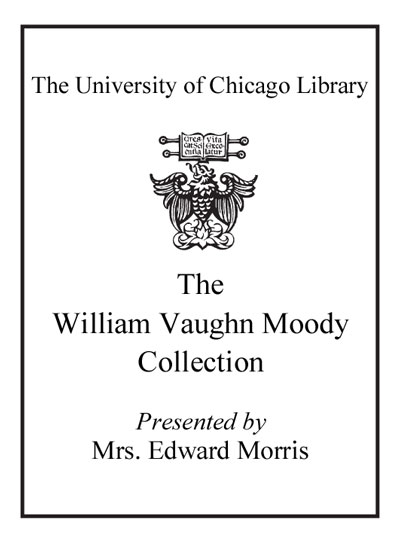Review by Choice Review
Smith (Claremont McKenna College) has written an invaluable study of the poetry of Robert Hayden (1913--80), a significant and influential African American poet. In part 1, "Meetings and Quarrels," Smith examines and criticizes scholarly assumptions that worked to marginalize Hayden's poetry during the Black Arts Movement--a marginalization that arose from Hayden's refusal to be labeled solely as a black poet at the Fisk University Writer's Conference in 1966. Smith writes that Hayden's poetry developed "an artistically enabling aesthetic distance from the African American figures and culture that populate his work" (italics Smith's), though his work retains an "ineffable blackness." In part 2, "Faith and the Folk," the author ties together the religiousness, the aesthetic distance, and the racial politics of Hayden's poetry; and in part 3, "Hayden's Histories," he follows scholars such as Kenneth Warren and Madhu Dubey to postmodern, "postsoul," "post-civil-rights-era black studies." In the final section, "Hayden's Heirs," Smith argues that the lasting meaning of Hayden's poetry is found in the work of literary descendants like Rita Dove, Elizabeth Alexander, and Natasha Trethewey, who looked to Hayden's seminal work for inspiration. Summing Up: Highly recommended. Upper-division undergraduates through faculty. --Betty Taylor Thompson, Texas Southern University
Copyright American Library Association, used with permission.
Review by Choice Review

